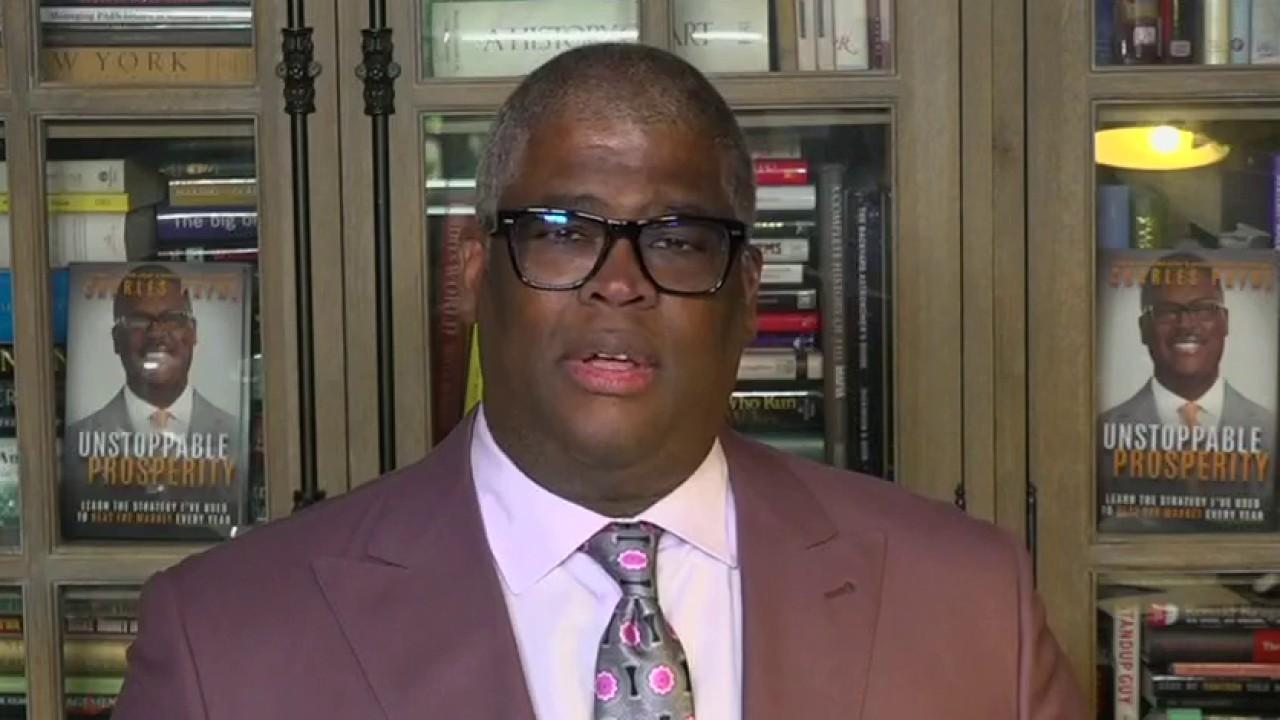Arizona tax hike on the rich would make residents ‘poorer,’ cost jobs: Study
Proposed income levy is expected to raise an $940M per year for education
An Arizona tax that voters are being asked to approve in November could wind up being economically costly to the state, a new study shows.
Known as Proposition 208, the measure would set up a fifth income tax bracket for wealthy residents that would raise the top rate to 8% from 4.5% through an additional 3.5% tax on incomes above $250,000, and $500,000 for joint filers.
The tax is expected to raise an estimated $940 million per year, and it would be used for education-related expenses.
If approved, the measure would have “significant negative effects that would make Arizona residents poorer and the state’s economy less competitive,” according to an analysis conducted by conservative economists Arthur Laffer, Stephen Moore and Erwin Antoni.
Specifically, they estimate the measure would cost 237,000 jobs during the course of a decade and 700,000 people in net instate migration during the same time period.
Additionally, they said personal income would decline by $25.5 billion over 10 years, while the state’s overall competitiveness declines.
“Arizona has been a high growth state for several decades,” researchers wrote. “Prop 208 would, in one year, erase 30 years of steady progress in Arizona lowering tax rates to make Arizona more competitive.”
To support their conclusions, researchers analyzed 11 personal income tax increases dating back to 1961.
NO-TAX NEW HAMPSHIRE LAUNCHES LEGAL BATTLE AGAINST MASSACHUSETTS' REMOTE WORK 'TAX GRAB'
Similar to Florida, Arizona is typically a destination for people who have second homes, partly because of its favorable tax environment, and it also a place that people from high-tax states often relocate to for the same reason.
Arizona gained $12 billion in adjusted gross income from California residents since 1992, $5 billion from Illinois and $2.3 billion from New York, according to the researchers.
However, if the measure is passed, Arizona will have the ninth highest personal income tax in the U.S.
But proponents argue that the revenue is desperately needed by schools throughout the state.
Researchers acknowledged that other studies have found the measure would have less dramatic effects on the state’s economy.
For example, the Grand Canyon Institute projected a loss of 10,000 jobs over 10 years, and it estimated less than 100 tax filers are likely to move because of the tax hike.
GET FOX BUSINESS ON THE GO BY CLICKING HERE
A number of tax-related measures are on other state ballots this November, including Illinois where voters will be asked to approve a constitutional amendment that would allow for a progressive income tax bracket system. As it stands, the state constitution calls for a flat tax rate, which is 4.95%.
Tax measures have been considered by many states and localities this year in response to a deep recession brought on by the coronavirus pandemic.




















